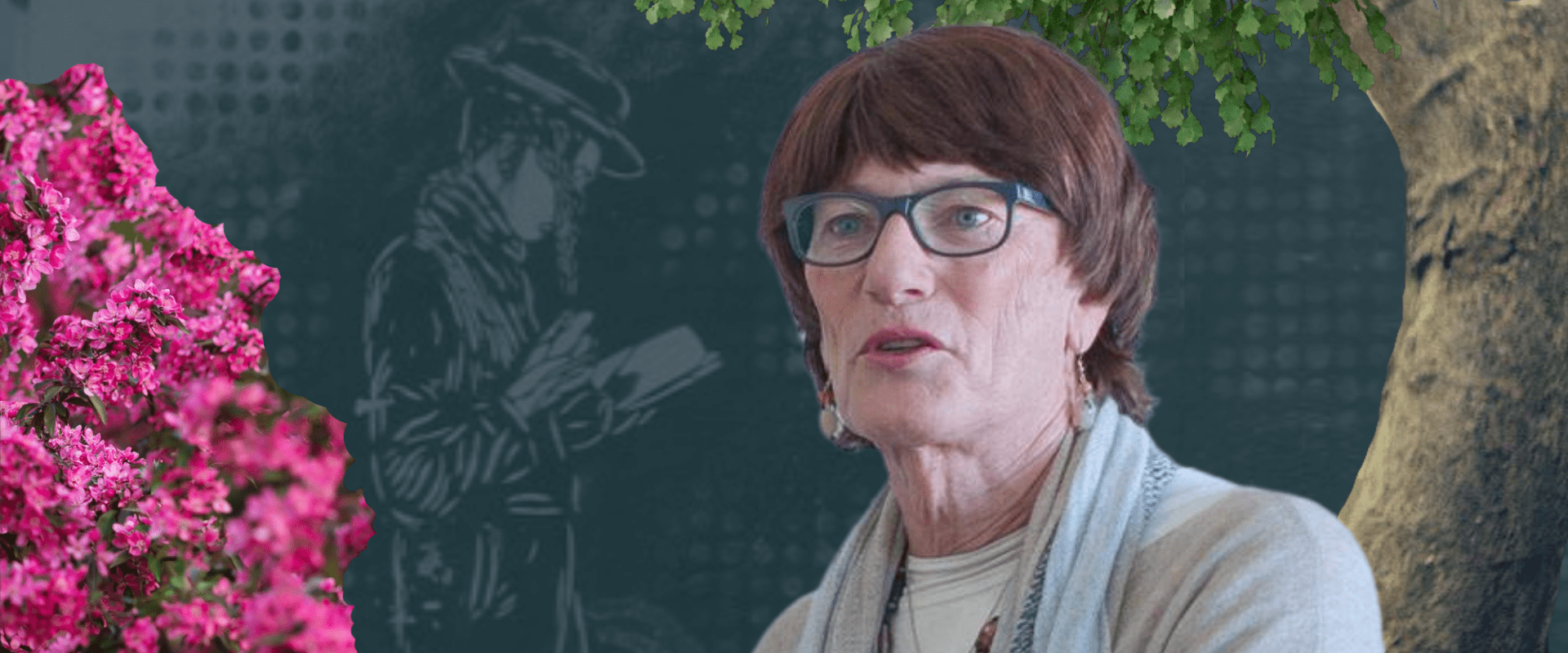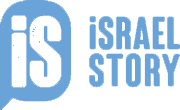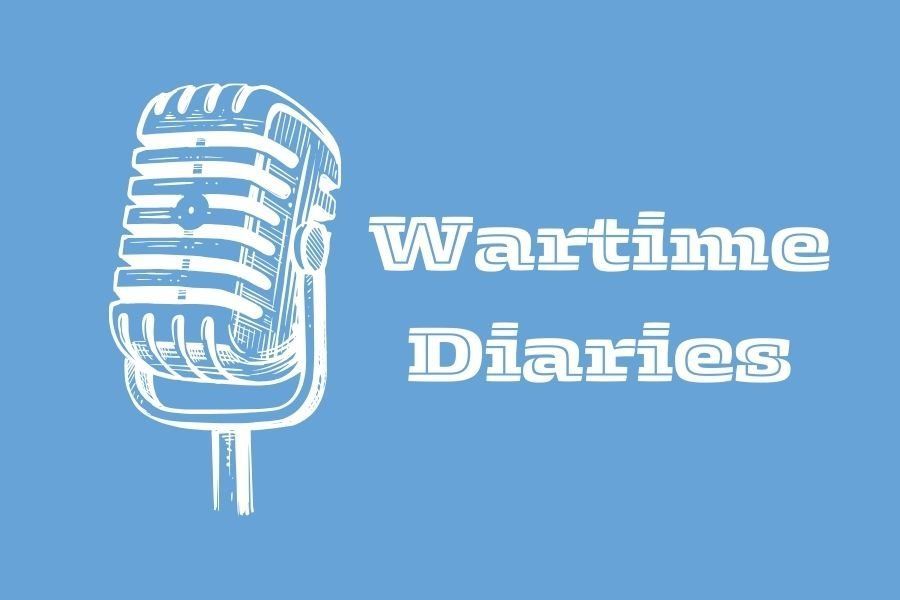Bonus: Man, I Feel Like A Woman, Revisited
- 58:38
- 2020

On April 13, 2020 – in the middle of our first pandemic Passover – Israel Story fans from around the world tuned in for what was then still a novel concept – a live online conversation. Mishy Harman “sat down” with Yiscah Smith, the star of one of our most stirring early episodes, to hear what had transpired in the five years since her story first aired.
Man, I Feel Like A Woman, Revisited
Yiscah Smith lives in a small home in Nachlaot, in Jerusalem. But her journey to this half-Orthodox-half-hipster neighborhood spans what feels like four lifetimes. She was born as Jeff, into a Conservative Jewish family from Long Island. She then met a woman, married, and together they moved to Israel. The couple became increasingly religious, and Jeff soon became known as Ya’akov – a Chabad rabbi in the Old City, and the father of six children. A few years later, Ya’akov was faced with a terrible dilemma – what do you do when you realize that in order to be true to yourself, you have to shatter everything around you, including the lives of those you love most?
But this isn’t just a story, or isn’t only a story, about gender transition. It’s a story of courage, of discovery and of a relentless quest to live an authentic life.
Credits
The original episode was reported by Molly Livingstone, and produced by Benny Becker with help from Raoul Wootliff and Rachel Fisher. Shoshi Shmuluvitz scored the episode with music from Blue Dot Sessions, Dana Boulé and Ben Sound. Mishy Harman, Yochai Maital and Julie Subrin edited the piece. The update was produced by Skyler Inman and Yoshi Fields. The end song is a rendition of Eshet Chayil (“Woman of Valor”) produced by Mami as part of their Shabbat Songs Project. It was arranged by Ben Zion Shenker and Israel Kasif.

 Wartime Diaries
Wartime Diaries

